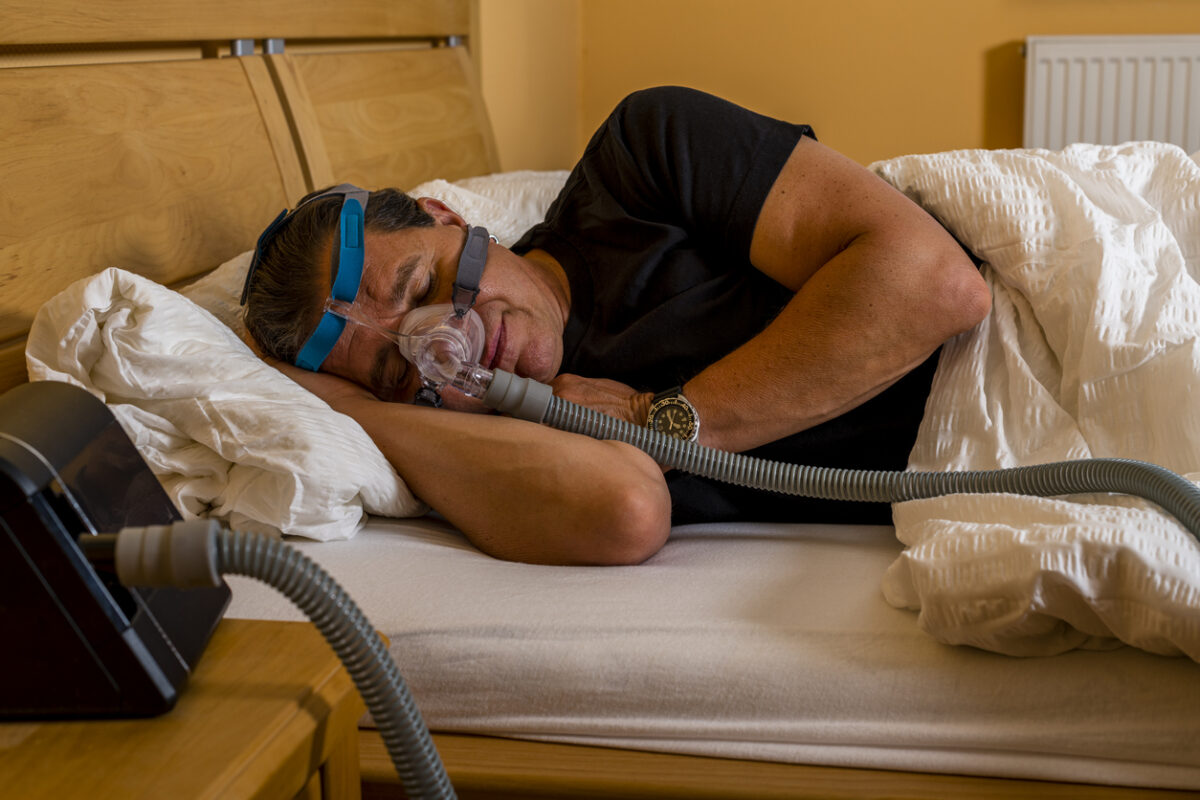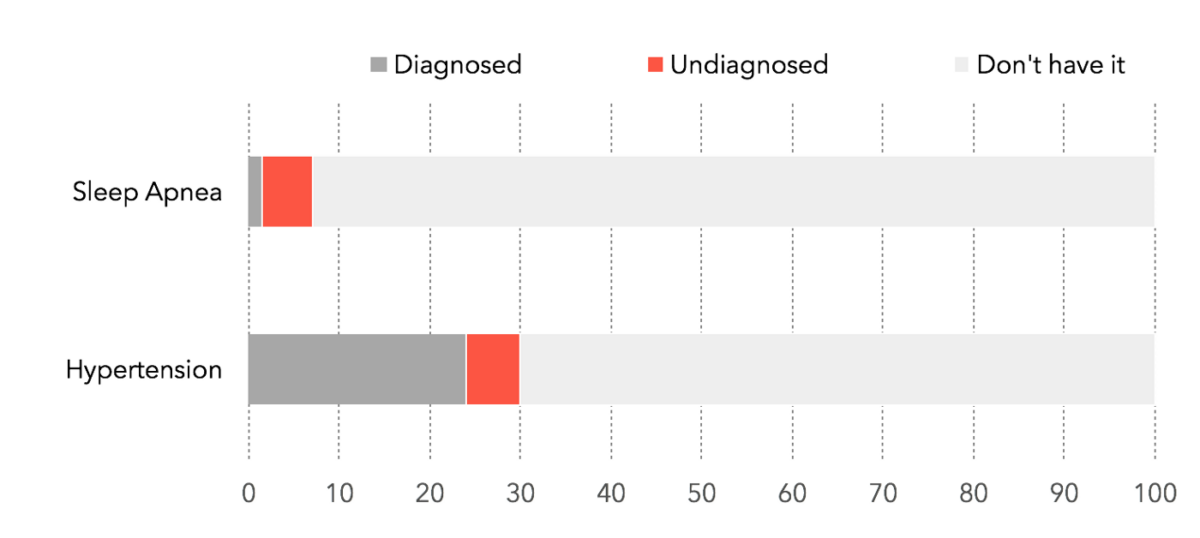Did you know that sleep apnea and high blood pressure often go hand in hand? Many people are unaware that poor sleep could be a key reason behind elevated blood pressure, which puts extra strain on your heart and body. If you’ve been diagnosed with hypertension or think you might have sleep apnea, this is something you’ll want to pay …
Rest Easy- A Simple Way to Improve Your Sleep
Are you consistently logging 7 to 8 hours of sleep each night, only to wake up feeling tired and groggy? Are you asking yourself why do I sleep so much and never feel rested? If so, you may be experiencing the effects of a potentially serious yet treatable condition known as sleep apnea. Sleep apnea is a prevalent sleep disorder characterized …
Move From Healthcare to Self Care!
Cardiovascular disease (CVD) is the broad term for a group of diseases that typically coexist and include: About 1 in 3 Americans has at least one type of CVD. Prevention is the best treatment because CVD kills more people than cancer, accidents, and chronic lower respiratory diseases combined. CVD risk factors are a mix of modifiable and non-modifiable influences. Modifiable …
The Heart Truth About Sleep Apnea
Our hearts are incredible. They literally keep us alive. They send blood around our body, they provide us with the oxygen and the nutrients we need to stay alive, and they carry away waste in the process. We know this. But, most of us don’t realize just how easy it is to damage this special organ, and why we need …
Start Heart Healthy Habits This Spring: Using Cardiogram to Get Motivated and Stay Focused
We all do our best to commit to life-improving habits at the start of each year. However, January is arguably the most challenging time to do that. In the height of the cold winter months, it’s not uncommon for us to feel our least motivated. Just like the natural world drops into a stillness, sinking inwards, so do we. Spring, …
Daylight Saving Time: How it Impacts Your Heart & How to Protect Yourself
Each year, on the second Sunday of March, we “spring forward,” setting our clocks one hour ahead. This marks the beginning of Daylight Saving Time. While this means longer days with more opportunity for sunshine to look forward to, this time change can also have a negative impact on our hearts.Why does the spring time change impact our hearts?Our circadian …
Sleep Divorce: Sleep Apnea’s Attack on Bedroom Cohesion
Sleep divorce, the practice of sleeping separately from your partner to improve sleep quality, is often the result of untreated sleep apnea. Unfortunately, it can cause resentment and strain in relationships.
Obstructive Sleep Apnea: An Overview
Obstructive sleep apnea, when left untreated, can cause serious health problems. These can include excessive daytime sleepiness, high blood pressure, heart failure, cognitive issues, accidents related to sleep loss, depression, poor daytime function, and more. Yet, about 80 to 90 percent of people with obstructive sleep apnea haven’t been diagnosed. If you have obstructive sleep apnea, you might experience symptoms …
How Sleep Affects Your Heart Health
For something we’ve done since the day we were born, sleep sure can be complicated. While some do enjoy regular nights of deliciously deep sleep, many of us find ourselves struggling with it at some point in our lives. In fact, in Philips’ 2020 Global Sleep Study, it was found that 51% of adults worldwide are unsatisfied with their sleep. …
Screening for Hypertension and Sleep Apnea with DeepHeart
When we talk about artificial intelligence in medicine, we often debate whether machines will replace tasks doctors do today. A more tantalizing possibility is performing tasks doctors can’t—using large data sets, and modern computational tools like deep learning, to recognize patterns too subtle for any human to discern. Today, we’re presenting early clinical results showing Cardiogram’s deep neural network, DeepHeart, …











